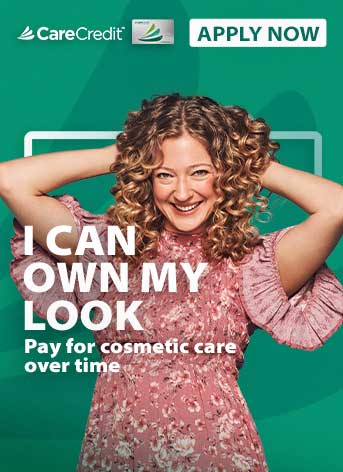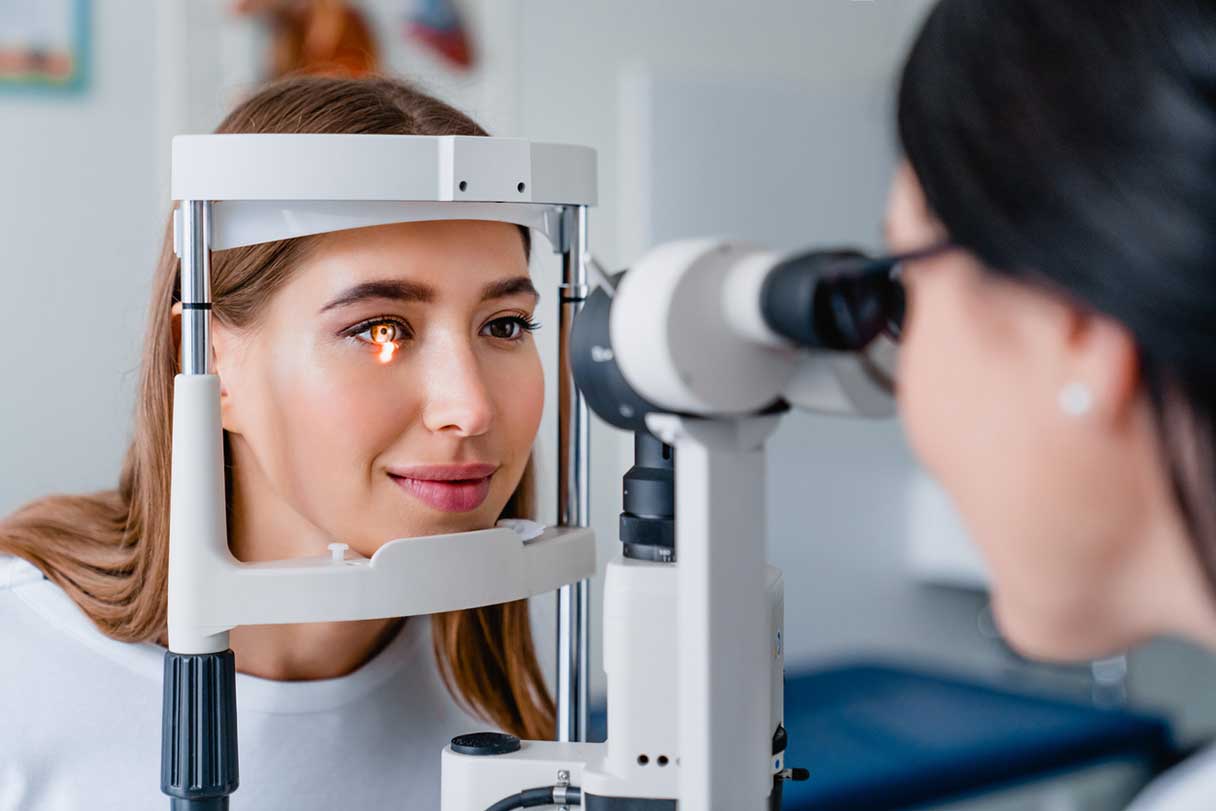As we age, the level of moisture in our skin decreases, and nowhere is that more evident than in our face. If you're frustrated by dull-looking skin — and uneven skin tone and texture — hyaluronic acid may help. And it might be available for purchase as close as your local drug store, cosmetic retailer or dermatologist's office.
Hyaluronic acid has become one of the most popular anti-aging products to help skin appear smooth, supple and more youthful looking.1, 2 Here's what you need to know about hyaluronic acid.
What is Hyaluronic Acid?
Hyaluronic acid is a clear liquid substance that's naturally produced by our bodies to help retain moisture in order to keep our tissues well-lubricated.3 As we age, our bodies produce less of it. As a cosmetic treatment ingredient, it's added to wrinkle creams, topical serums and other anti-aging skin care products — including injectables — to help replenish moisture to our body and give us hydrated skin.
What Are The Benefits of Hyaluronic Acid?
When hyaluronic acid products are applied to the skin, they add moisture, which helps reduce the appearance of wrinkles, fine lines, redness and uneven skin tones, resulting in smoother, more supple-looking skin.1, 2 Since hyaluronic acid is naturally produced in our bodies, skincare products containing the ingredient hyaluronic acid (also commonly listed as Sodium Hyaluronate4) are considered safe for daily use. Unlike some heavy moisturizers that can leave skin feeling oily, hyaluronic acid leaves skin feeling supple and moist, making it ideal for all skin types — even for those with sensitive and acne-prone skin.1, 2
How Long Do Hyaluronic Acid Results Last?
Most people notice that their skin feels less dry almost immediately after applying topical hyaluronic acid cosmetic products, like creams and serums, to their face.2 It may take up to two to four weeks for noticeable anti-aging results to appear, however results will last as long as you continue using hyaluronic acid products.2
For optimal results, apply to clean skin twice daily2 and follow up with your favorite moisturizer. Hyaluronic acid fillers like Juvederm® or Allergan (as well as injectables) can last 12 months or more.3
Where Can I Buy Hyaluronic Acid?
Hyaluronic acid creams and serums are available at cosmetic retailers and dermatologist offices, and can cost $10 and up.5 Many of these products are combined with other minerals and vitamins to give your skin an added radiant glow. If you're not sure what to get, consult with a dermatologist to find the best hyaluronic acid treatment for you.5 Keep in mind that most topical hyaluronic acid products will last up to a year and should be stored in a cool dark place.2
Another option is to visit a dermatologist who can inject hyaluronic acid fillers into deeper layers of the skin to help restore lost volume. These types of injectables can cost between $600 - $1,600.3 Hyaluronic acid fillers can also be used in conjunction with other anti-aging cosmetic treatments, like a vampire facelift or any other type of skin rejuvenation cosmetic procedure.
The CareCredit credit card makes it easy to pay for Hyaluronic Acid treatments.* If approved, you can also use it to pay for other cosmetic procedures, treatments and products. Use our Acceptance Locator or download the CareCredit Mobile App to find a cosmetic surgeon or dermatologist who accepts CareCredit.








